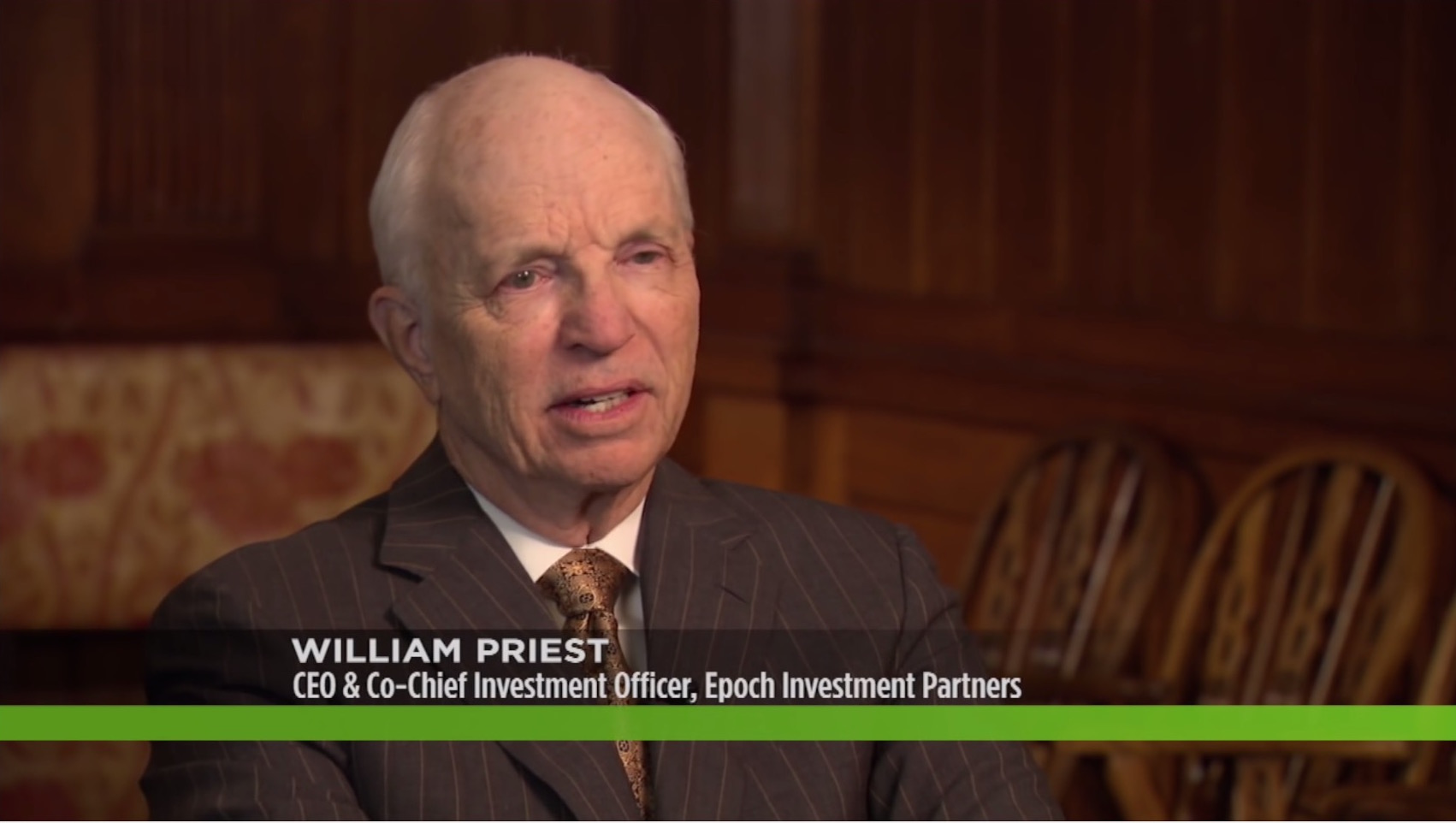Hotel California: You Can Never Leave, Until You Are Asked To
by Clifford Asness, Ph. D. AQR Capital Management, Inc.
Everyone seems to be talking today about the recent decision by CalPERS to liquidate its hedge fund portfolio. So it seems like a good time to reiterate some of my (and my AQR colleagues’) general thoughts on hedge funds. Since at least 2000, with the paper “Do Hedge Funds Hedge?”, we’ve been arguing that, as a whole, hedge funds are too correlated to equity markets (too net long). Clearly, this correlation reduces their effectiveness as portfolio diversifiers. Furthermore, in a very related observation, we believe most hedge funds are too expensive (part of why they are too expensive is indeed that too much of their return comes from equity markets going up — an investment return available for far less than hedge funds charge).
We continued to examine hedge funds’ value proposition and role in portfolios in our articles “An Alternative Future Part I” and its even more cleverly titled sequel “An Alternative Future Part II.” There we first started talking about the idea, explored in many other pieces and presentations since then, that hedge funds, and active managers in general, do pursue some strategies that are very good (e.g., value investing, momentum investing, trend following, merger and convertible arbitrage; value, momentum, and carry applied to macro portfolios, etc.) However, more often than not, they charge too much for these straightforward, non-magic strategies and package them, again, with too much net long exposure.
We don’t dismiss that some fund managers may have real skill worthy of very high fees, and that some funds that aggressively pursue many of the strategies we list above, in diversified ways, also can justify high fees. But, all considered, we are not surprised that some have found that the broad universe of hedge funds, and thus likely any very large diversified portfolio of them, is not an attractive enough proposition.
Now, in some cases when hedge funds have been attacked we have indeed taken the other side (#7 here), defending hedge funds. For instance, while we believe, and were again very early to argue, that hedge funds should indeed be more hedged, this was generally known before 2008 (our first paper on it was from 2000!). So criticizing hedge funds for falling sharply in that crisis (generally a bit less than half the market) goes too far, acting as if we just learned from the GFC that hedge funds broadly have something like a 0.40 beta. No! We knew that, and many hedge fund investors accounted for this in their overall allocations. It’s absolutely fair to criticize hedge funds for their long-term net long exposure (like we do). But it’s not fair to act like 2008 was brand new shocking and embarrassing information and write histrionic stories about it! Similarly, it is not right to criticize hedge funds for lagging equities in bull markets (like we have experienced over the last few years). While they are more long the market than we think they should be, they still typically fall far short of a beta of 1.0 and shouldn’t be expected to keep up with a rapidly rising market. Of course, by picking a beta that’s not near 1.0 but not fully market-neutral (beta right around 0.0) they bring much of this confusion upon themselves, but that still doesn’t mean these criticisms make sense. Clearly, as you can probably tell, we think picking on hedge funds is our sole right, and if anyone else does, we take the other side…
So, what are our recommendations? Not surprisingly they coincide a lot with how we manage money (sorry, I don’t know how to do this any other way, and apologies like this will probably be a theme of this forum!). We believe there are many strategies pursued by hedge funds and active managers in general that don’t rely on very obscure skills, and therefore that should not earn them two and twenty. We’ve outlined many of these strategies, and how we’d go about building portfolios of them in places like here and here, and many others. But the bottom line is we believe that there is a lot of good done in hedge funds but, unfortunately, the end investor is not getting enough of it — either in terms of a fair fee or enough diversification. We think there are ways, for those desiring a true diversifier, to get these important strategies into your portfolio in much fairer and more efficient ways, whether it’s with AQR or somewhere else. In fact, given we forecast lower returns from traditional assets in the future than what we’ve seen in the past, we think these are more important than ever. However this is true only if the full net proposition is a good and fair one. Finally, we hope, as we have for quite a while, that news like the above pushes the hedge fund world in this welcome direction (fees more appropriate to the strategies pursued and more hedging). But, until it does in earnest, we’re happy to remain one of the exceptions.
This post was originally published at AQR Capital
Copyright © AQR Capital














